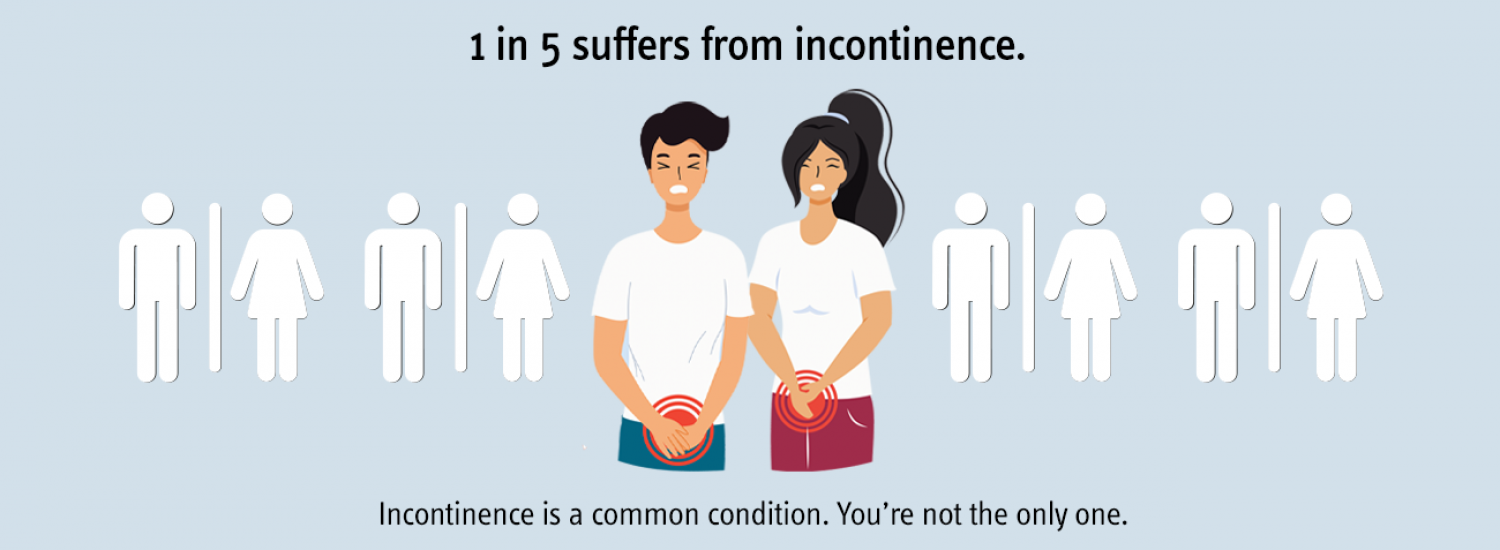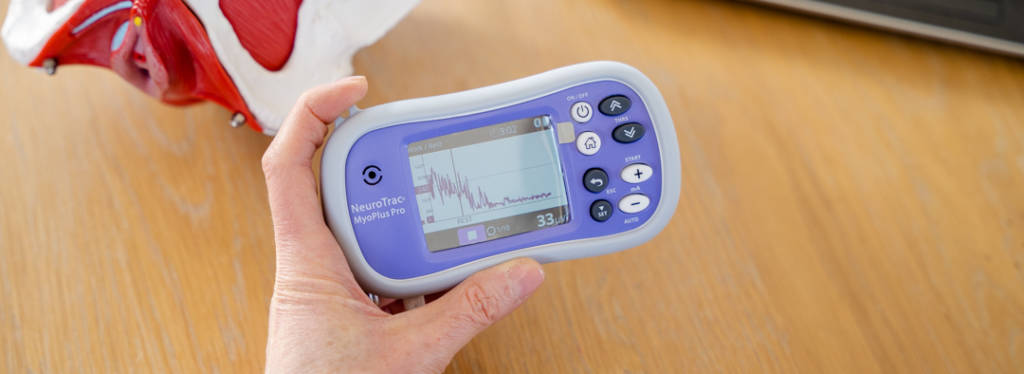
Urinary incontinence is defined as involuntary leakage of urine. It can happen to anyone at any time – men women and children are affected. Statistically, urinary incontinence affects one in three women. Recent studies of women in their pregnancies discovered that 25% of women leaked urine even before they were pregnant.
So it’s a big problem for a lot of women. But the good news is research has shown that Physiotherapy can improve symptoms in up to 80% of women who struggle with this issue.
TYPES OF INCONTINENCE
There are two types of urinary incontinence stress incontinence and urge incontinence. Funnily enough, a combination of the two of these is called mixed incontinence! The type of incontinence you have will determine the type of treatment you require.
Stress incontinence is predominantly a muscle problem and some physiotherapy will work towards strengthening your pelvic floor muscles.
Urge incontinence can be related to the fluid you consume and the time which you consume it and the control you have over your actual bladder.
TREATMENT
When you come for physiotherapy you can expect me to ask you lots of questions. I want to find out about how this problem really affects you and your life. I want to help you find out what are your triggers what causes you to leak, when and why does it happen?
We will also check your pelvic floor muscles to see how strong they are and the endurance they have and then will come up with a plan!
Assessing the pelvic floor can be done with a vaginal examination and I am also lucky enough to have an ultrasound unit which I use A lot to help women actually see their muscles moving and help them to get the best contraction and release of these very important and often elusive muscles.
As well as this there are lots of other ways and little gadgets I can use help you get the best out of your muscles, such as EMG biofeedback and electrical muscle stimulation.

Physiotherapy is always an evidence based practice so we do look to research and base our treatment plans on what has been proven to work.
Luckily the research shows very favourable results for Physiotherapy and urinary incontinence so don’t delay book your appointment today, because the sooner you seek treatment and start your rehabilitation, the better your results will be.
It’s never too late.
